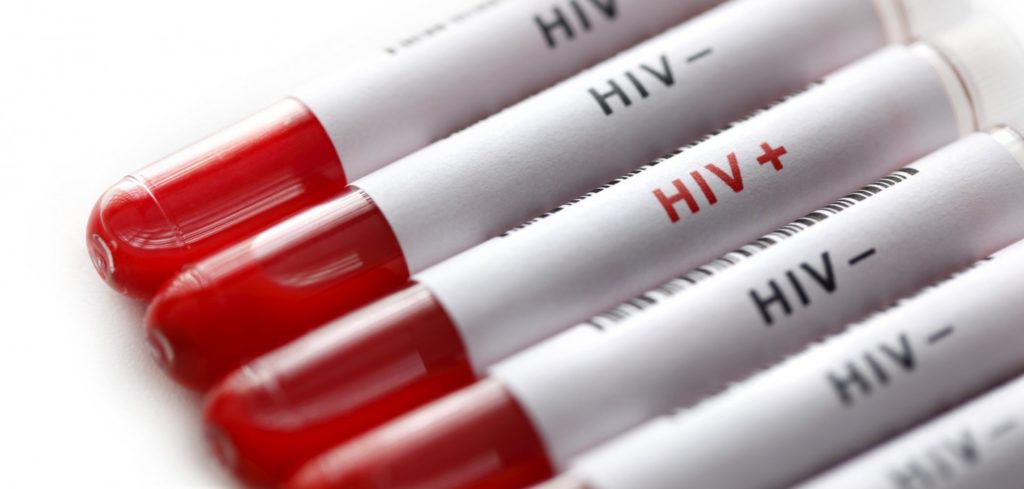Beyond the familiar burdens of living with the virus, life remains unfair to Nigerians that had tested positive
HIV/AIDS is a dreaded disease sapping into the long term vitality of Nigeria. In spite of the advancement in modern treatment approach in place, HIV/AIDS still remains a major public health challenge.
Stigmatization and discrimination remain a central plight of HIV/AIDS patients in Nigeria. Stigmatization arises from fear, ignorance and socio-cultural factors. Up till date the societies, culture and religions have not learnt to accept people living with HIV and show love care and support to them.
Because of the stigma associated with HIV, the patient and their family may face psychosocial problems during diagnosis, treatment and progression. People affected are often sidelined, disdained and relegated to the background on the basis of being HIV/AIDS patients.
In spite of the anti-discrimination laws in place to protect the rights of people living with HIV, protecting HIV-positive employees from unfair dismissal and from mandatory HIV testing, in 2016 UNAIDS reported that 21% of people living with HIV had been denied access to health services and reproductive health services due to their status.
A simple lack of sites that deliver HIV services (testing sites, PMTCT sites, and treatment sites) presents problems for the Nigerian population.
Furthermore, antiretroviral treatment (ART) provision in Nigeria is low, with just 30% of all people living with HIV receiving treatment in 2016. Only 21% of children living with HIV are receiving ART, and only 32% of pregnant women living with HIV are on ART. In some areas, people do not have access to appropriate medical care: it is either hard for them to reach a health centre or they can’t afford to pay for test or treatment.
Certain weaknesses in the system exist, which mean many people who receive a positive HIV diagnosis are not referred on to treatment, or not retained in treatment for very long. Even when ART can be accessed, drug supplies are known to run out and lead to stock-outs.
Simultaneously at the federal, state and local levels introduces complexity into planning. The large private sector is largely unregulated and, more importantly, has no formal connection to the public health system where most HIV interventions are delivered. Training and human resource development is severely limited in all sectors and will hamper program implementation at all levels
HIV/AIDS is a family disease, and when one member of the family has HIV/AIDS, the impact can be felt throughout the entire family. The family is the most important factor that determines the effect that the disease has on the patient. Family support included financial advice, support in the disclosure process, assistance with daily routine activities, medical assistance, or psychological support.
Optimal attention and care must be accorded to HIV/AIDS patients to make them feel among and be part and parcel of the larger society.
